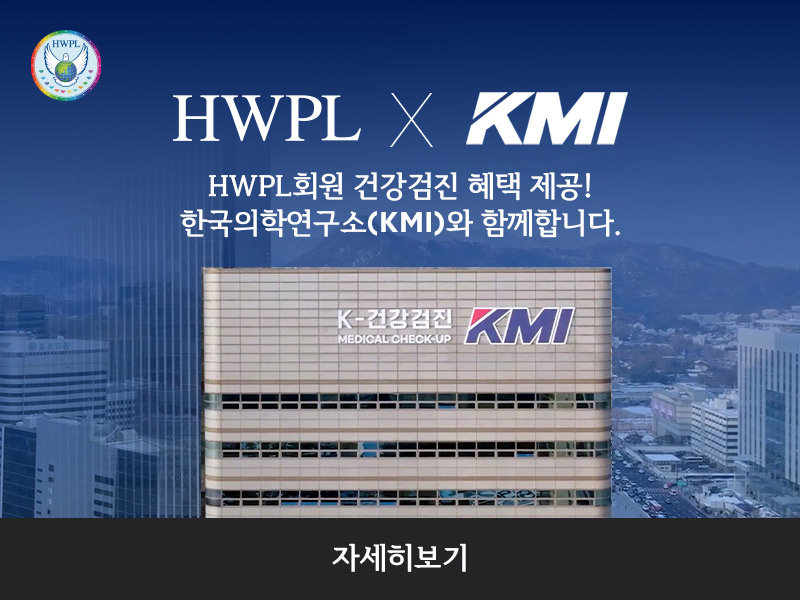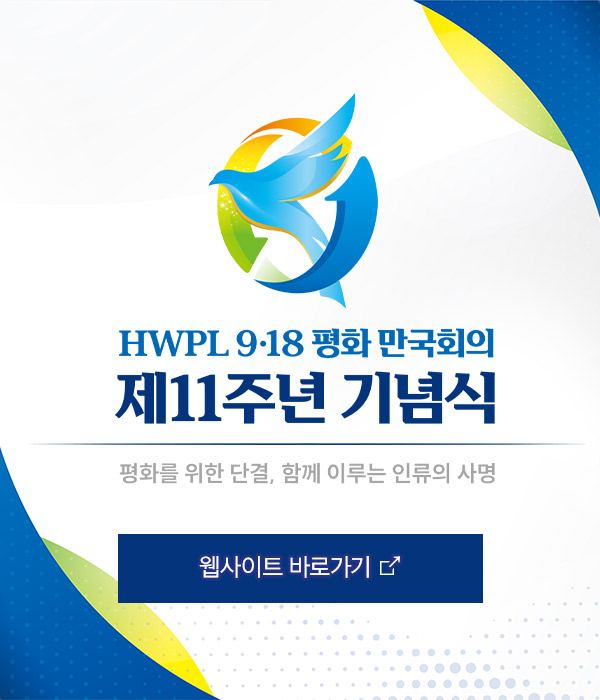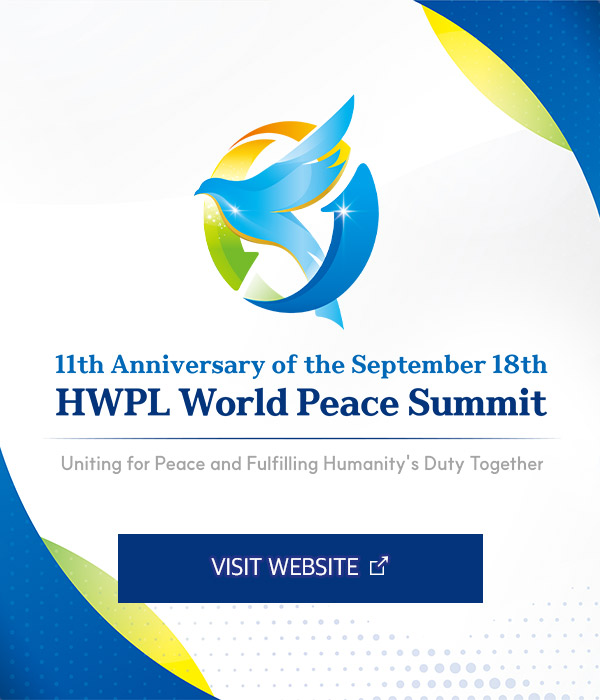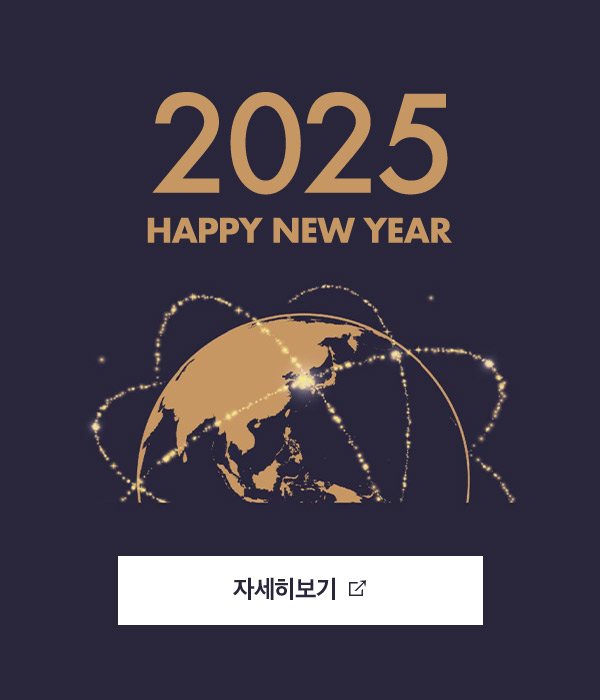2025 HWPL Global Peace Leaders’ Conference LP Program Panel Talk: Four Stories of Peace-Building Success – ④
Join us as we discover four key accomplishments that define the 11th Anniversary of the September 18th HWPL World Peace Summit through an engaging panel session.
Hon. Commissioner Ted Terry, Dekalb County District 6, Georgia

Q1. In this effort to declare DeKalb County as a County of Peace, what was a point of focus for you?
A1. The first factor that stood out was consistency and credibility. This was not just a slogan or a plan, but a program built on years of peace education classes, youth workshops, networking with elected officials, and volunteer projects already carried out in DeKalb County. HWPL Georgia went directly into schools, libraries, and community centers to teach skills such as conflict resolution, active listening, and collaborative problem-solving. They also worked actively to revitalize communities to foster a culture of peace. As a result, students brought what they learned back to their homes, and we could see a positive change in the atmosphere of the community.
The second factor was the service component. We were deeply impressed that this organization followed through on its promises and aligned with the initiatives prioritized within the county. Activities included environmental clean-ups, hygiene kit distribution, support for vulnerable populations, and cross-community volunteer work. They even incorporated animal rights into their programs and partnered with my office to educate the community on this matter. Their events brought together faith groups, civic organizations, and youth to cooperate toward shared goals. The message was clear: peace is something we practice together, week after week, and we all have a part to play in creating a culture of peace in our county.
The third factor was the connectivity of the PLAY program. PLAY provided a structured pathway for youth—starting from learning the principles of peace to leading projects that brought tangible benefits to DeKalb County. Seeing teenagers plan, communicate, and deliver results convinced us that this was not just a celebration but a sustainable effort. This was done in partnership with other organizations across the county, and the outlook for expansion and impact was very promising.
Finally, the initiative aligned with DeKalb County’s priorities. It directly addressed the county’s focus on safer communities, youth development, and stronger partnerships. Declaring DeKalb as a ‘Peace County’ was not merely symbolic—it was a recognition of what is already working, a standard for accountability, a measure of participation, an expansion of partnerships, and a commitment to keeping youth at the center.
In the end, the combination of proven education, visible service, a youth leadership pathway, and clear alignment is what left a strong impression on the Office of the Presiding Officer, which proudly sponsored this movement to make DeKalb County a county of peace.

Q2. What are some of the obstacles you anticipate with this implementation, and what are you most excited about?
A2. In America, passing a proclamation or a resolution and actually implementing it are two entirely different stages, and several practical challenges can be anticipated. First, sustaining momentum. At the time of the proclamation, there was great enthusiasm and participation. But maintaining that same energy six months, one year, or three years later requires intentional and systematic follow-up. Over time, people’s schedules and priorities change, and programs can lose visibility.
Second, securing resources. Peace education, volunteer activities, and youth leadership programs like PLAY require time, skilled facilitators, and in some cases, funding. Maintaining close cooperation between county departments, schools, and community partners is essential. As participation grows, we need a stable foundation to ensure consistent delivery.
Third, measuring impact. For this work to be sustained, we need systems to track participation, highlight success stories, and identify areas for improvement. Without data, it is difficult to secure continued support. Yet, I remain confident because DeKalb County has already declared itself a ‘County of Compassion,’ which shows that both residents and leadership value empathy, care, and community connection.
Peace and compassion go hand in hand, and this initiative is the natural next step. Personally, I am most excited to see partnerships deepen and youth who have received peace education step up to lead local projects and eventually become community leaders themselves. Ultimately, this is about embedding peace deeply into the daily life of our county. The obstacles are real, but the potential to create an impact that spans generations makes every effort worthwhile.


















